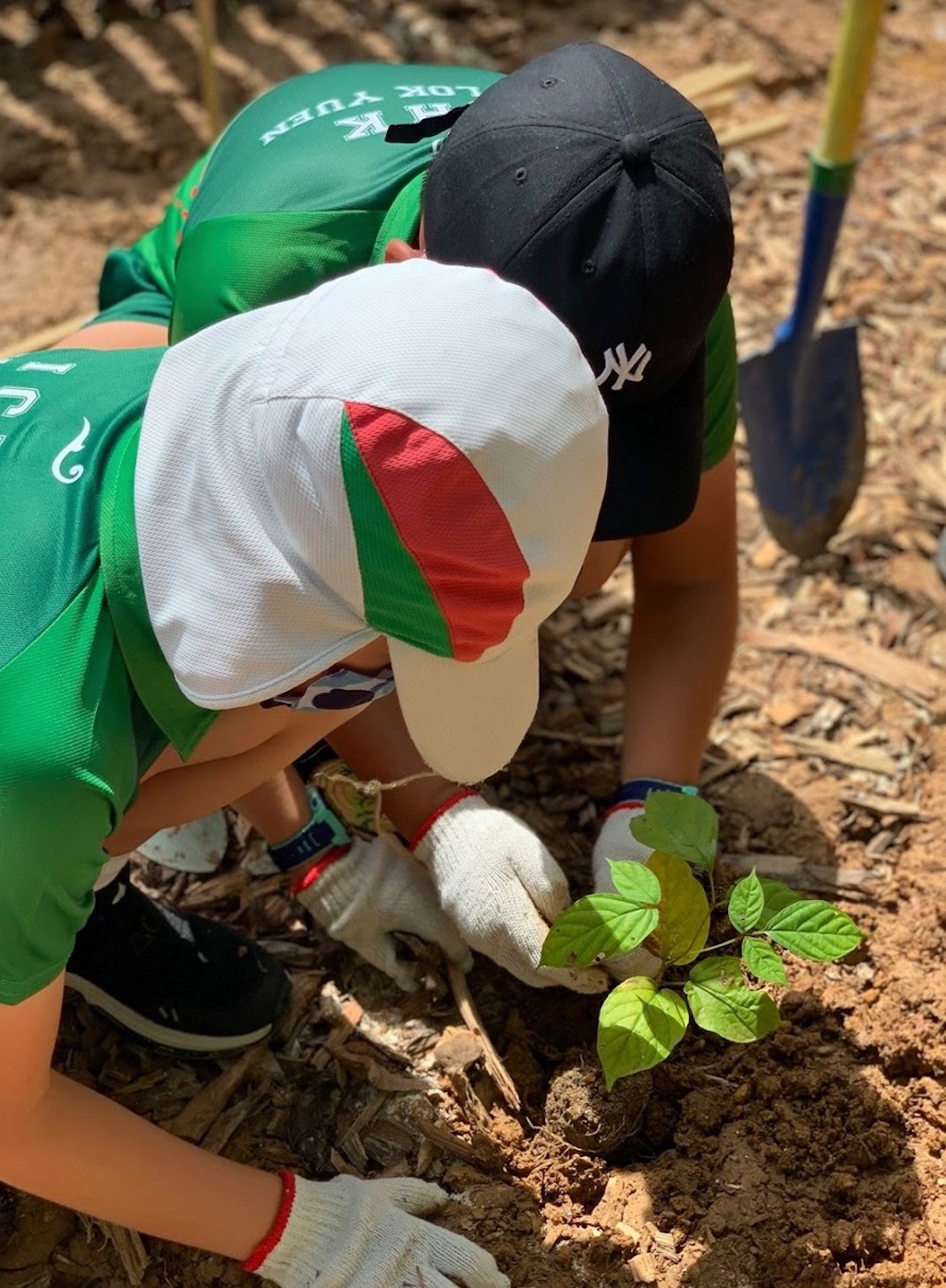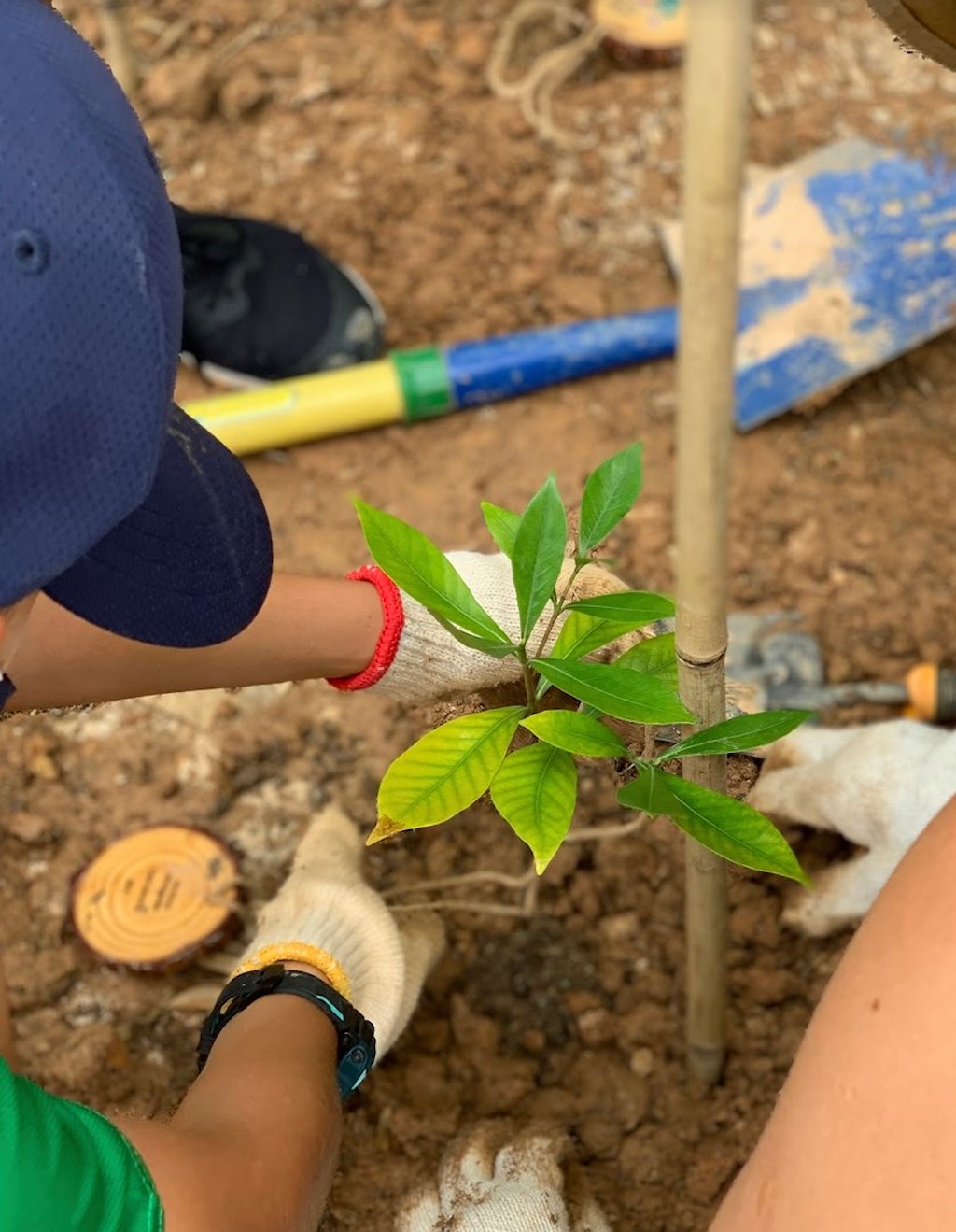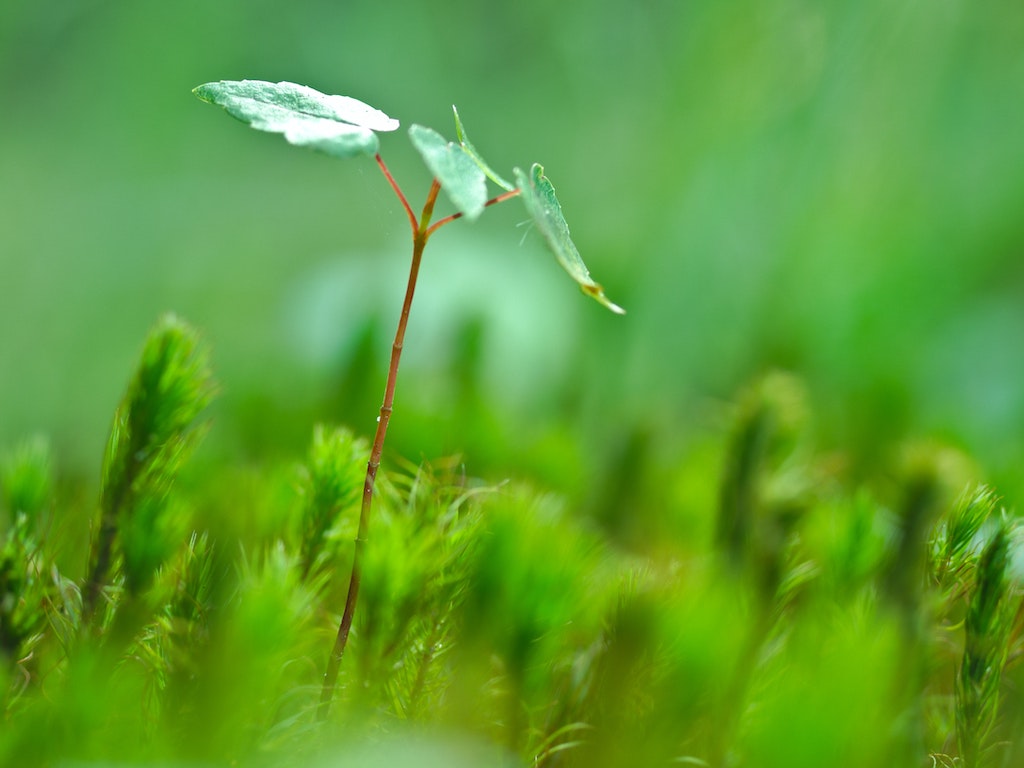4 Mins Read
In Hong Kong, a school is now planting the city’s first Miyawaki forest, a miniature forest-planting method developed by late Japanese botanist Akira Miyawaki. Partnering with newly established local social enterprise Nature Makers Lab, ICHK Hong Lok Yuen will be planting more than 50 native species on site as part of the school’s environmental education push.
ICHK, an international school in Hong Kong, is now setting up the city’s first Miyawaki forest as part of its new environmental program. It has partnered up with Nature Makers Lab, a social enterprise dedicated to expanding Hong Kong’s urban green spaces. The school, located in Tai Po district, will be using the Miyawaki method to plant its miniature forest and boost carbon sequestration on-site.
Miyawaki forest
Invented by Japanese botanist and plant ecologist Akira Miyawaki in the 1980s, the method of planting Miyawaki forests involves planting a wide range of native trees, canopies and shrubs extremely densely within small plots of land. Planting 3-4 trees per square metre of land, the idea is to create tiny versions of forests that mimic the layers and composition of a real one.

After a few years, Miyawaki forests become self-sustaining—they grow incredibly fast, around 10-times faster than a natural forest would appear in the wild. Once they are self-sufficient, these miniature forests can absorb more carbon dioxide and pollution than traditional reforestation projects, as well as provide a hotspot for biodiversity to thrive again.
For concrete jungles like Hong Kong, Miyawaki’s solution is one of the best ways to boost carbon sequestration, helping to combat global heating while providing the community with more access to natural spaces.

ICHK’s forest
Collaborating with Nature Makers Lab, ICHK will be planting more than 50 native species on its site. Some of the seedlings include the Chinese Banyan Tree (Ficus microcarpa), Camphor tree (Cinnamomum camphora), and White Mulberry (Morus alba).
It will be financed by the school, as part of its Forest School curriculum for students aged between 3 and 11 years old. Over the course of the program, the students will help take care of the forest, track and monitor its progress over time and the wildlife species it will attract.
“The Miyawaki Forest will be a key element for the school to fulfill its vision of being a leader in outdoor learning,” shared head of school Derek Pinchbeck.
“By enabling the children to be part of developing and nurturing a vibrant ecosystem, we are empowering them to learn about and love the natural world. This not only enriches their lives but enriches the world around them.”

Climate and nature education
The severity of the climate crisis, which the IPCC has described as a “code red for humanity” in its latest assessment, has prompted experts and scientists to call for action on all sections of society—including in the education sector.
According to a recent report, every single country in the world right now is failing to provide adequate climate education or a healthy environment for children to flourish that is fit for an increasingly hot future.
Out of all countries examined globally, Italy was the only country named as setting an example by incorporating the topics of climate change and sustainable development into its national curriculum. Elsewhere, some schools have taken their own initiatives, such as the Green School in Bali, which was recognised by the WEF for its efforts to champion a sustainable and nature-led schooling system.
Lead image courtesy of Unsplash.




